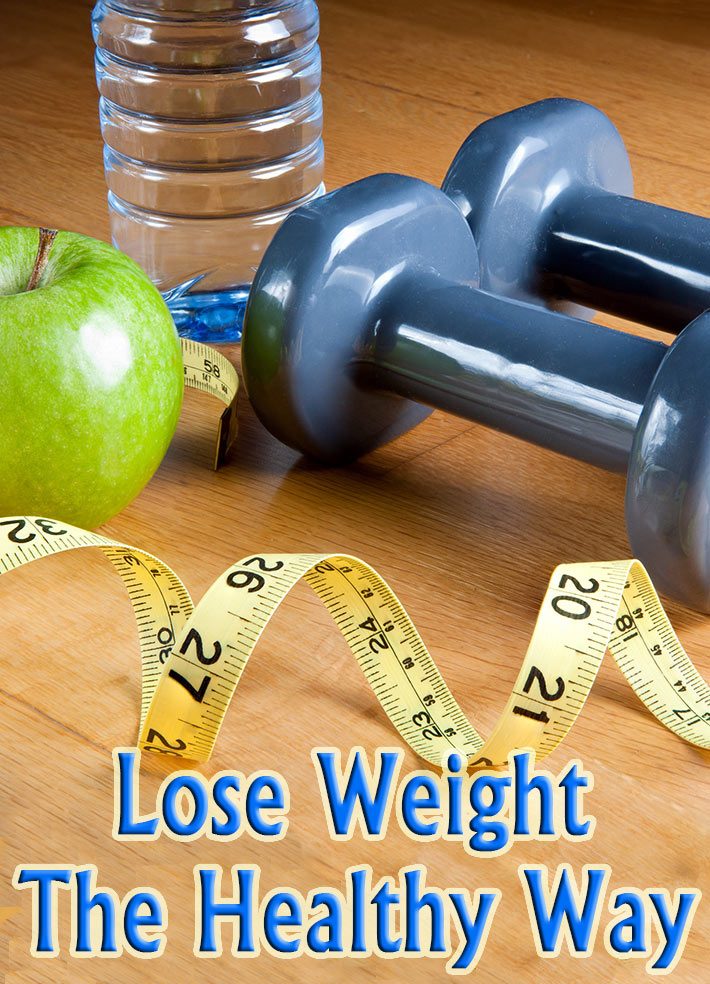
Lose Weight – Healthy Way
How many times have you tried to diet and managed successfully for a few days or even weeks – and then found that your eating has spun out of control and you have piled all the weight on again? Does your weight fluctuate like a yo-yo? Have you tried every diet in the book and spent a fortune, only to find yourself back at square one (or worse) every time?
This is a problem shared by many people. Society tells us that we are not attractive or lovable unless our bodies are ‘perfect’. Poor self-esteem causes us to desperately struggle to achieve that ‘model figure’.
The major ingredient missing from most diets is an understanding of how our bodies ‘think’ and the role that food and eating (or overeating!) play in our emotional functioning. Without this knowledge, you can diet, starve, fast, exercise all you like – and even Lose Weight drastically, but you will be almost guaranteed to put it all on again – and then some!
But before we take a look at how our bodies ‘think’, let’s first explore the mechanics of weight loss.
How does weight loss or gain take place?
Food is taken into our bodies, converted into growth, heat and energy and then excreted. This process is called metabolism. Some people have faster metabolic rates than others do. Individuals can also increase their own metabolism by increasing activity levels (e.g. exercising). We put on weight when the intake of food exceeds our energy and growth needs and the body then “stores” the excess as fat, “in case” it is needed later. Weight loss takes place when the energy requirements of the body exceed the intake of food. Those same “reserves” are then used to make up the difference and weight loss takes place. If there is a perfect balance (on average) between the body’s needs and its intake, body weight will remain stable.
Most weight loss programs work by reducing the intake of food and/or increasing activity levels in order to ‘burn up’ fat.
What happens when we drastically reduce our food intake in order to Lose Weight? How do our bodies interpret a crash diet? Our bodies think, “Famine!!!”
Crash diets make you fat!
When we diet or drastically reduce our intake of food, our bodies “think” that we are starving because there is a famine or lack of food available. The body then goes into crisis mode and slows down metabolism in order to conserve or make the most of the little food it is getting. The longer the ‘famine’ lasts, the slower your metabolism will become. Sooner or later (because we are depriving our bodies of essential nutrients) we will be forced to ‘binge’ or break our diet. When this happens, the body ‘hangs on’ to every bit of fat, carbohydrate or ’storable’ food taken in, because:
a) metabolism is still slow and
b) the body will want to lay in ‘provisions’ for any future famine by storing food ‘just in case’
The more we crash diet, the more our bodies become convinced that our food supplies are unreliable and the more they will therefore tend to store fat. If this happens often enough, we will begin to put on weight even while eating a normal, healthy diet.
So what is the answer?
The answer, believe it or not, is to eat more! This will ‘trick’ our body into increasing metabolic rate to deal with the excess supply of food. The secret is in WHAT you eat and HOW OFTEN you eat, not in reducing the amount you eat! Obviously if you begin eating large amounts of rich foods and chocolates you are not going to do anything except put on weight (sorry! 🙂 )
However, frequent meals consisting of fruit, raw vegetables, rye or whole wheat biscuits, low fat cheese, yogurt, grains, etc., accompanied by a daily increase in energy levels (exercise) will help you to increase your metabolism and Lose Weight without subsequent ‘bingeing’ or tendency to put on weight after the diet.
When we exercise, our bodies need more energy.
Food and any reserves (i.e. fat deposits) are then metabolized more quickly in order to produce that energy. When we exercise more regularly, our bodies get the message that metabolism needs to stay higher because energy levels require it.
We will then tend to ‘burn’ our food intake faster, whether we are exercising or not. People who rarely exercise usually have slow metabolic rates, because their bodies ‘know’ that they do not need much energy to get through the day.
Exercise also builds lean muscle, which adds to metabolic rate and helps us to Lose Weight faster.
Beware of the messages you are sending your body!
Don’t starve yourself – you will only put the weight on again and again and again!
Comfort eating is another common problem.
This can sometimes be due to boredom and inactivity, but is often linked to depression and low self-esteem. Consumption of rich food is thought to temporarily increase serotonin levels and lift mood in a manner very similar to anti-depressants. While eating these foods, we feel ‘full’ and satisfied, but soon after we begin to experience feelings of guilt and despondency.
The Native Remedies Weight Loss Diet is a healthy eating plan, which helps the mind, body and the emotions to work together to achieve permanent weight loss.
It is specifically designed to increase metabolism and to prevent the ‘bingeing’ effect so often experienced with many other diets. You will not loose ridiculous amounts of weight in “just three weeks/eight days”, etc. But – if you follow the plan and keep eating (!!), you will steadily Lose Weight without stressing yourself and your body. And the weight will stay off!
It is important that you enjoy your food and that your senses are stimulated and aroused when you eat. It is also important that you have enough to eat (see ‘Famine’ above!) so that your body does not start to ‘hoard’ the food that you consume. You need a variety of different foods for your health and to prevent boredom, causing you to binge or crave fattening foods.
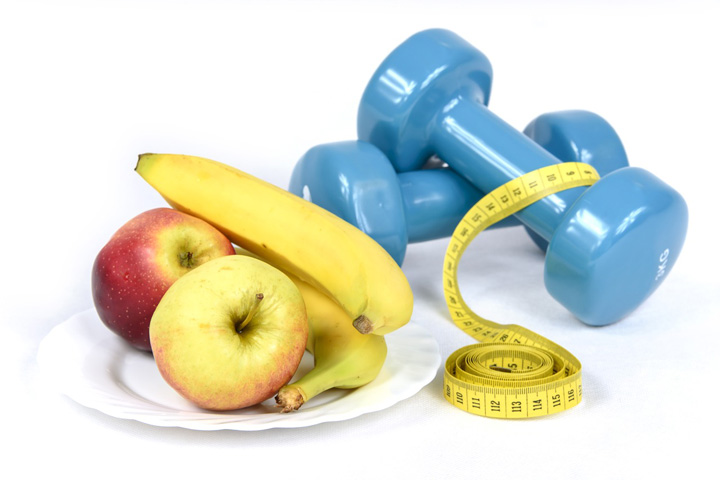
The Native Remedies Weight Loss Program provides foods of different textures, colors, flavors and aromas to stimulate all your senses!
In order to achieve maximum effectiveness, the Native Remedies Weight Loss Program should be coupled with regular exercise – at least three one-hour sessions a week, preferably more. You can decide on what kind of exercise you prefer and anything goes – just so long as you increase your heart rate and work up a bit of a Sweat!
So walk, dance, run, garden, join an aerobics or kick boxing class – whatever works for you! But keep it regular and that excess weight will begin to melt off your body! You will find that the regular exercise will lift your mood and increase self-esteem too – making it more likely that you will stick to your Healthy Eating Program!
Related: The Native Remedies Weight Loss Plan


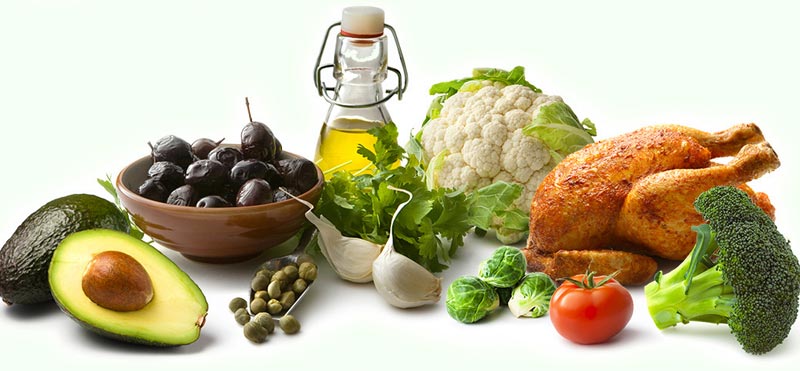


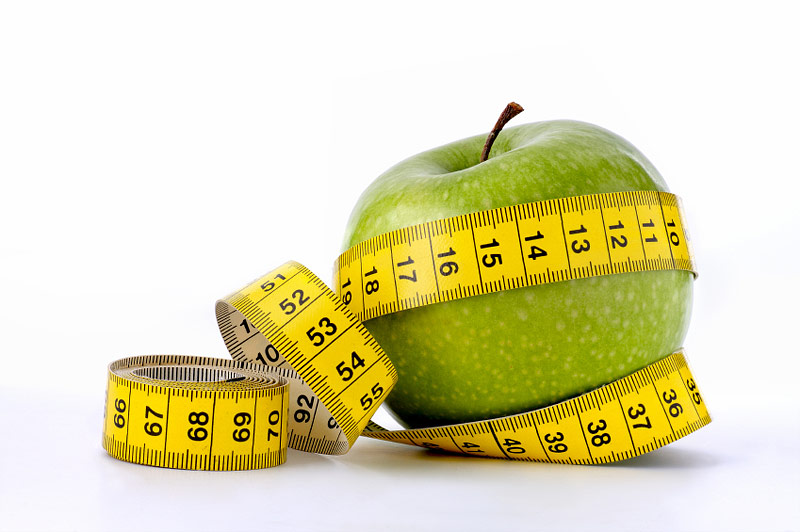


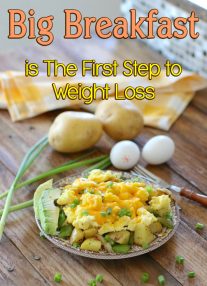
Leave a Reply